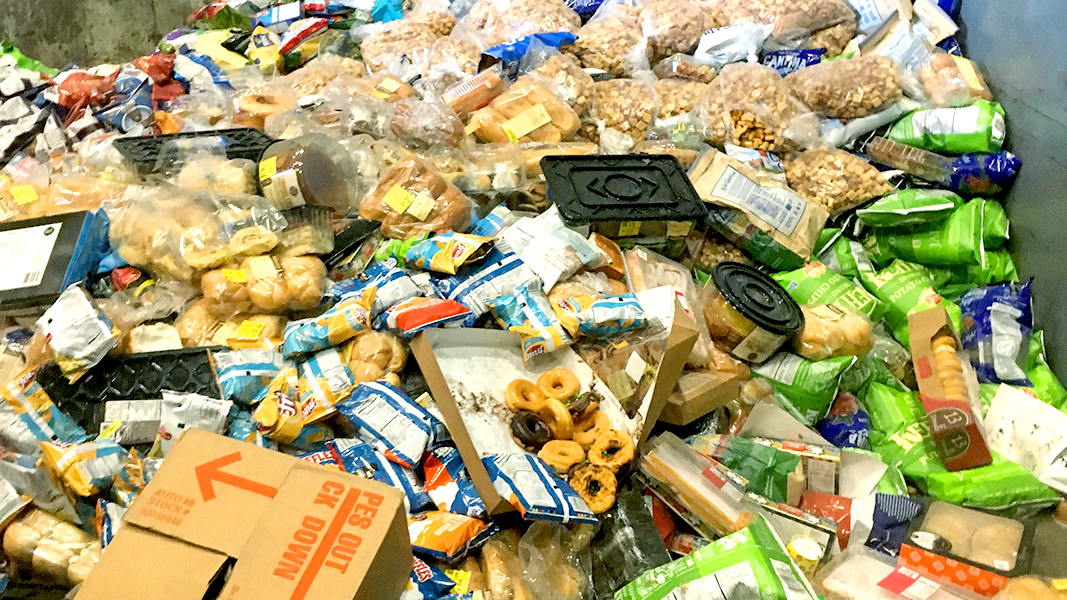Top: Photo by Robert Spencer
Maine became the nation’s first state to require producers of packaged goods (consumer brands) sold in the state to finance the maintenance and expansion of municipal recycling programs. The Extended Producer Responsibility (EPR) bill, which was introduced by State Representative Nicole Grohoski, was signed into law on July 13 by Governor Janet Mills. Under the new law, Maine’s Department of Environmental Protection (ME DEP) will select and contract with a stewardship organization to operate a packaging stewardship program that will reimburse and assist municipalities in providing recycling services throughout the state, explains the Product Stewardship Institute (PSI). Brand owners selling packaged goods must pay fees on all packaging materials to the stewardship organization to fund the system based on the costs of recycling for each material, including infrastructure investments or resident education needed to capture materials statewide. The fee structure, to be determined by DEP rule with multi-stakeholder input, will also include financial incentives for recyclable packaging.
An assessment of the statewide recycling system will be conducted to determine the funds needed for the program, collection and recycling infrastructure gaps in the state, and consumer education needed to ensure robust recycling. The law also provides an “on-ramp” to the recycling system for more challenging packaging materials, allowing producers to establish, fund, and operate “alternative collection programs” to facilitate reuse and recycling of these materials. The packaging EPR is the ninth EPR law established in Maine, according to PSI; the first, for electronics, was adopted in 2004. In 2010, a framework law was passed that established a process for applying an EPR approach to managing a range of postconsumer products.
Maine also enacted legislation last week to virtually eliminate the use of PFAS by 2030, making it the first state to ban the entire class of substances, according to The Guardian. The law requires manufacturers that intentionally add PFAS to products sold in Maine to report their use to the Maine DEP beginning in 2023. The state will determine which uses are deemed “currently unavoidable,” which could allow the chemicals to remain in items like medical devices.










